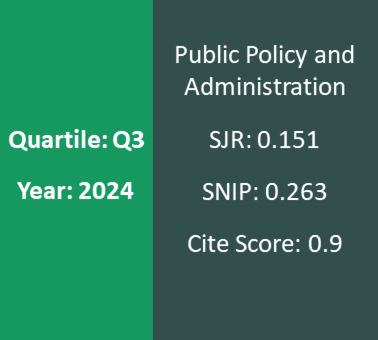Looking for Civil Participation in the Baltic States: Non-Governmental Sector
Keywords:
Baltic States, democracy, civil society, non-governmental organizations.Abstract
Civil society could be expressed by itself in a large variety of forms: individual initiatives through social
movements, associations, non-governmental organizations, societies and other organizations. “Civil society
is the location from where legitimacy must be obtained if one is to talk of a democratic political system” [4,
p. 25]. It is impossible to determine one model or one discourse for civil society, as well as the definition of
civil society is not unique either. Taking into consideration the differentiation of “concepts” of civil society,
the development of civil society in the article in a way is seen through NGOs - as a relation among public
component in the Baltic countries. The aim of the article is to provide empirical insights, which contrast
with the normative assumptions that often underlie the “new civil society participation” literature and
discourse of policy-makers, in particular in terms of participation. The Dahl criteria for democracy: decision
making processes, freedom of expression, access to information and right to freedom of association have
been chosen aiming at evaluation of civil participation. The criteria have determined the structure of the
article in the context of theoretical analysis. The analysis is also based on comparative method, and it
involves three Baltic States: Lithuania, Latvia, and Estonia.





